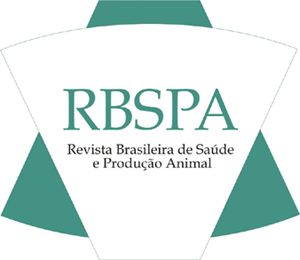SUMMARY
Parasites are common in intensive or organics systems destined for chickens, which is more conducive to the emergence of gastrointestinal parasites, favored by direct contact with soil and other organisms. The growing demand for animal protein stimulates an expansion of production systems, increasing the stocking density. Outdoor poultry breeding systems (organic or not) that enable lower population density and higher animal welfare does not exclude these animals the presence of environmental pathogens. The control of gastrointestinal helminthosis in non-organic intensive and extensive systems is accomplished by administering anthelmintics with high cost and results unsatisfactory due to the misuse of drugs with consequent selection parasite strains resistant to chemical bases. This problem stimulate research into alternative control measures. Nematophagous fungi are used by its enzymatic action in controlled conditions and how environmental biocontrolers of larvae of gastrointestinal nematodes of livestock. This study evaluated the capacity of conidia/chlamydospores of nematophagous fungi as Duddingtonia flagrans (AC001 and CG722) and Monacrosporium thaumasium (NF34A) for cross the gastrointestinal tract of domestic chickens (Gallus gallus domesticus), and yours germination after traffic and predatory activity “in vitro” on larvae of Panagrellus spp. Fungi conidia/chlamydospores was identified in feces of chickens at times of 6, 12 and 24 hours after administration and spores viability was found after observing the germination, mycelial growth, followed by production of traps, capture and death of Panagrellus spp larvae in feces. Fungi Nematophagous are alternative control measures, efficient and innovative technology for the biological control of helminth parasites of chickens.
Keywords:
biological control; Duddingtonia flagrans; nematophagous fungi; Monacrosporium thaumasium; poultry


